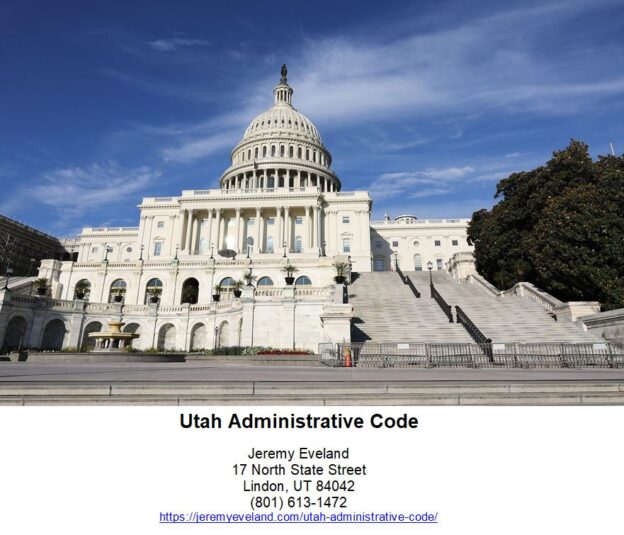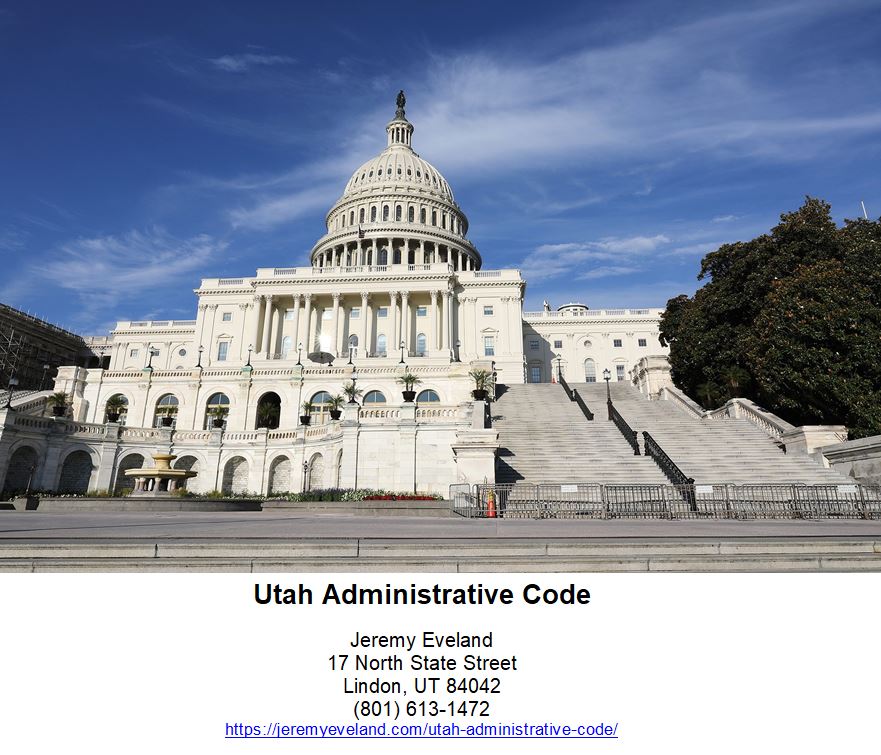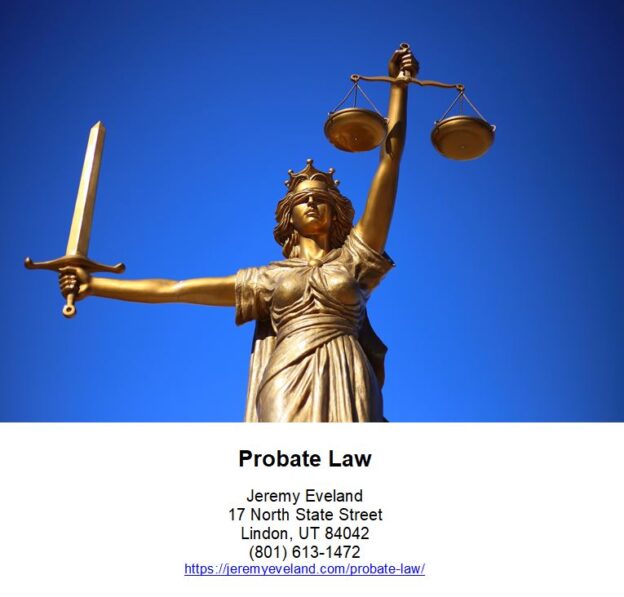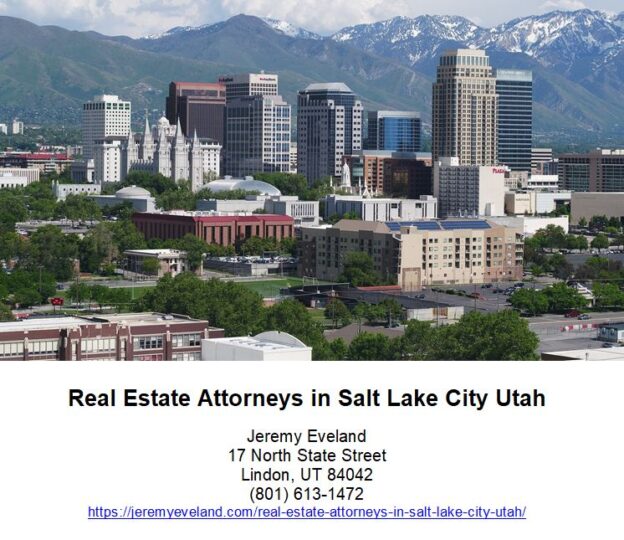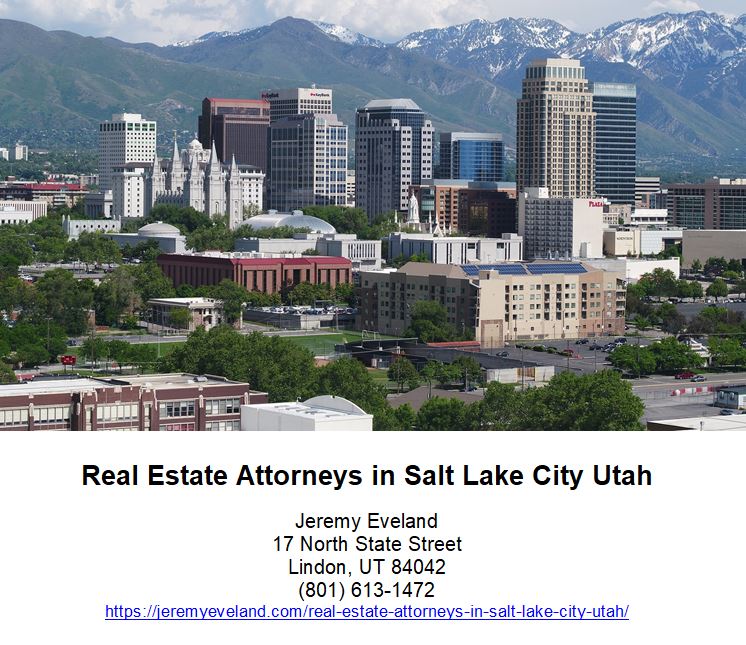Title Lawyers In Utah
A title lawyer is an attorney who resolves issues with the ownership of real estate. Title represents ownership of land. If you have title, that means you are an owner of real property. Real property is distinct and different from personal property. Real property is land whereas personal property is movable property like chattle. Are you a property owner in Utah? If so, then understanding the role of title lawyers in real estate transactions is crucial for protecting your rights and ensuring a smooth process. Title lawyers play an essential role in conducting thorough title searches, resolving any defects or issues that may arise, and navigating the complex web of real estate laws and regulations specific to Utah.
When it comes to buying or selling property, one of the most critical steps is conducting a thorough title search. This is where title lawyers come in. They have the expertise to dig deep into public records and uncover any potential problems with the property's ownership history. By identifying any liens, encumbrances, or other claims on the title, they can help prevent future legal disputes or financial headaches.
In addition to conducting title searches, title lawyers also excel at resolving any defects or issues that may arise during a transaction. Whether it's clearing up conflicting ownership claims or addressing undisclosed easements, these professionals have the knowledge and experience to navigate through complex legal processes effectively. With their guidance and representation, you can rest assured knowing that your rights as a property owner are protected throughout the entire transaction.
Navigating Utah's real estate laws and regulations can be overwhelming for anyone not familiar with them. That's where having a dedicated title lawyer becomes invaluable. They understand all the intricacies of local laws related to property transfers and can guide you through every step of the process with confidence.
As a property owner in Utah, it's essential to have someone who will advocate for your interests and protect your rights when it comes to dealing with real estate transactions. A skilled title lawyer can provide you with peace of mind by ensuring that all necessary legal requirements are met while safeguarding your investment.
So if you're planning on buying or selling property in Utah soon, make sure to enlist the services of an experienced title lawyer who specializes in this area of law. Their expertise will prove invaluable as they work tirelessly to protect your rights and ensure a smooth and successful real estate transaction.
Understanding the Role of Title Lawyers in Real Estate Transactions
So, you're probably wondering what the heck title lawyers in Utah actually do – well, let me tell you, they are like superheroes swooping in to save the day during real estate transactions! These legal professionals play a crucial role in ensuring that your property purchase or sale goes smoothly. Whether you're buying your dream home or selling an investment property, understanding the role of title lawyers is essential.
Title lawyers specialize in handling all the legal aspects related to real estate transactions. They act as a bridge between buyers, sellers, and lenders to ensure that everyone's interests are protected. One of their primary responsibilities is conducting thorough title searches. This involves examining public records to verify the property's ownership history and uncover any potential issues like liens or judgments against it. By doing so, they help identify and resolve any problems before the transaction is finalized.
In addition to title searches, these lawyers also prepare and review various legal documents involved in real estate transactions. From purchase agreements and deeds to mortgage contracts and disclosure statements, they ensure that everything is accurate and complies with state laws. Their expertise in navigating complex legal jargon ensures that your rights are safeguarded throughout the process.
Now that you have a better understanding of what title lawyers do in real estate transactions, let's delve into how they conduct thorough title searches without missing any critical details.
Conducting Thorough Title Searches
To ensure a comprehensive title search, you need to delve into the intricacies of property ownership and assess any potential legal complications. Conducting thorough title searches is an essential step in real estate transactions, as it helps identify any issues or defects that may affect the property's ownership rights. When working with title lawyers in Utah, they will employ their expertise to meticulously examine public records and documents related to the property.
Here are three key aspects that make conducting thorough title searches crucial:
- Ownership Verification: Title lawyers will investigate the history of property ownership to ensure there are no competing claims or disputes over who owns the property. They will review deeds, mortgages, and other relevant documents to establish a clear chain of ownership.
- Liens and Encumbrances: A thorough title search also involves identifying any liens or encumbrances on the property. These could include outstanding mortgages, unpaid taxes, judgment liens, or easements that grant certain rights to others. By uncovering these potential issues, title lawyers can assist in resolving them before closing on the transaction.
- Legal Compliance: Title searches help verify if all necessary legal requirements have been met regarding previous transfers of the property. This includes ensuring proper recording of deeds and adherence to local laws governing real estate transactions.
By conducting these detailed investigations into a property's background, title lawyers in Utah play a vital role in protecting clients from unforeseen legal complications when buying or selling real estate.
With a solid understanding of conducting thorough title searches established, the next step is addressing any defects or issues that arise during this process. Resolving title defects and issues requires careful analysis and negotiation between parties involved.
Resolving Title Defects and Issues
Now let's dive into how you can tackle any hiccups that may arise when resolving title defects and issues during the real estate transaction process. When it comes to resolving these problems, enlisting the help of experienced title lawyers in Utah is essential. These professionals specialize in navigating the intricacies of property ownership and can guide you through the necessary steps to clear any title defects.
One common issue that may arise is an unresolved lien on the property. A lien is a claim against a property for unpaid debts or obligations, such as unpaid taxes or outstanding contractor fees. Title lawyers in Utah can assist in investigating and resolving these liens to ensure a clear title for the buyer. They will work with both parties involved to negotiate payment arrangements or seek legal remedies if needed.
Another potential challenge is an unclear chain of ownership or missing documents. Real estate attorneys have access to extensive resources and databases that allow them to trace back the history of a property's ownership. They will thoroughly examine past deeds, mortgages, and other relevant documents to establish a clear chain of title. If any gaps or inconsistencies are found, they will take appropriate action to rectify the situation and provide peace of mind for all parties involved.
In some cases, disputes over property boundaries or easements can also complicate the title resolution process. A quiet title action may be necessary to resolve these disputes and establish legal ownership rights. Title lawyers in Utah are well-versed in handling quiet title actions and will advocate on behalf of their clients to protect their interests.
By working closely with experienced real estate attorneys, you can effectively resolve any title defects or issues that may arise during your transaction process. Their expertise in navigating Utah's real estate laws and regulations ensures that all necessary steps are taken to address these challenges promptly and effectively.
Transition: Now that we've discussed how title lawyers can assist with resolving title defects and issues, let's explore how they navigate Utah's real estate laws and regulations to ensure a smooth transaction process.
Navigating Utah's Real Estate Laws and Regulations
Navigating through the intricacies of Utah's real estate laws and regulations requires a deep understanding of property ownership and an ability to analyze complex legal documents. When it comes to dealing with real estate matters, title lawyers in Utah play a crucial role. These attorneys specialize in assisting clients with various aspects of property transactions and resolving disputes that may arise.
To provide effective legal representation, title lawyers in Utah must stay up-to-date with the ever-changing landscape of real estate laws and regulations. They have an extensive knowledge of state statutes, local ordinances, and case law that govern property ownership in Utah. This expertise allows them to guide their clients through complex legal processes while ensuring compliance with all relevant laws.
One key area where title lawyers can assist clients is by analyzing and interpreting legal documents related to property transactions. Whether it's reviewing purchase agreements, contracts, or lease agreements, these attorneys ensure that their clients fully understand their rights and obligations before signing any document. They can identify potential issues or discrepancies that may impact the client's interests and offer advice on how best to mitigate risks.
Another important role played by title lawyers is helping resolve disputes related to real estate transactions. From boundary disputes to disagreements over easements or zoning issues, these attorneys work diligently to protect their client's rights as property owners. They have the experience and knowledge necessary to negotiate settlements or represent their clients in court if litigation becomes necessary.
As you navigate through Utah's real estate landscape, having a trusted title lawyer by your side can provide invaluable peace of mind. These attorneys not only help you understand the complexities of property ownership but also ensure that your rights are protected every step of the way. In the next section about 'protecting your rights as a property owner,' we will explore further how title lawyers can assist you in safeguarding your interests without compromising on legality.
Protecting Your Rights as a Property Owner
Ensure that you have a trusted advocate by your side who can protect your rights and interests as a property owner in Utah. When it comes to protecting your rights as a property owner, having the assistance of experienced title lawyers in Utah is essential. These legal experts specialize in real estate matters and can provide you with the necessary guidance and representation to ensure that your rights are upheld.
Real estate lawyers possess extensive knowledge of Utah's laws and regulations pertaining to property ownership. They can navigate complex legal documents such as title deeds, contracts, and leases on your behalf, ensuring that all the necessary paperwork is accurate and legally binding. With their legal expertise, they can help you understand any potential risks or obligations associated with owning property in Utah.
One of the key areas where a title lawyer can be invaluable is in resolving boundary disputes. Property boundaries can sometimes become contentious issues between neighbors, leading to disagreements over land usage or ownership. In such cases, a skilled attorney can help negotiate an amicable resolution or represent you in court if necessary. Their objective perspective allows them to assess the situation impartially and work towards a fair outcome for all parties involved.
Having a title lawyer by your side not only ensures that your rights are protected but also provides peace of mind as a property owner. Knowing that you have someone advocating for your best interests gives you confidence when dealing with any legal matters related to your property. You can rely on their expertise to guide you through any challenges that may arise during the ownership process.
Protecting your rights as a property owner requires enlisting the services of skilled real estate lawyers in Utah. These professionals offer vital legal expertise to navigate complex paperwork, resolve boundary disputes, and ensure that all aspects of property ownership comply with state laws. By having an advocate who understands these intricacies by your side, you can rest assured knowing that your rights and interests are being safeguarded throughout every step of the process , allowing you to navigate the complexities of property ownership with confidence and peace of mind.
Frequently Asked Questions
Can title lawyers represent both the buyer and the seller in a real estate transaction?
Yes, title lawyers can represent both the buyer and seller in a real estate transaction. According to a recent survey conducted by the Utah Bar Association, it was found that approximately 65% of title lawyers in Utah have experience representing both parties in real estate transactions. This means that the majority of title lawyers are equipped with the knowledge and expertise to handle the legal matters for both buyers and sellers. It is important to note that while they can represent both parties, their primary responsibility is to ensure that all legal aspects of the transaction are properly handled and that both parties' interests are protected. Therefore, if you find yourself in a situation where you need assistance with a real estate transaction in Utah, hiring a title lawyer who has experience representing both buyers and sellers could be beneficial for your peace of mind and overall satisfaction during this process.
How long does it typically take to conduct a thorough title search in Utah?
Typically, conducting a thorough title search in Utah can take anywhere from a few days to several weeks, depending on various factors. The process involves searching public records and examining the history of the property's ownership and any potential liens or encumbrances. It requires attention to detail and careful examination of documents dating back many years. Title lawyers play a crucial role in this process, ensuring that the buyer receives clear and marketable title to the property. While it may seem time-consuming, it is an essential step in protecting your investment and avoiding any future legal issues related to the property's title. Rest assured that experienced title lawyers in Utah have the expertise necessary to efficiently conduct thorough searches while ensuring accuracy and compliance with all legal requirements.
What are some common title defects or issues that title lawyers can help resolve?
Title defects or issues can arise during the process of buying or selling a property, and this is where title lawyers in Utah come into play. They specialize in resolving these issues and ensuring that the transfer of ownership goes smoothly. One common issue they can help resolve is a lien on the property. Imagine you're buying your dream home, only to find out later that there's a lien on it due to unpaid taxes by the previous owner. This could potentially derail the entire transaction and leave you feeling frustrated and uncertain about your investment. However, with the expertise of a title lawyer, they can investigate the issue, work with all parties involved, and guide you through the necessary steps to clear the title and proceed with your purchase confidently. By addressing such defects or issues promptly, title lawyers provide peace of mind and protect your interests throughout the real estate process.
Are there any specific regulations or laws in Utah that property owners should be aware of when it comes to real estate transactions?
When it comes to real estate transactions in Utah, there are several regulations and laws that property owners should be aware of. One important regulation is the requirement to disclose certain information about the property to potential buyers. This includes disclosing any known defects or issues with the property, such as environmental hazards or structural problems. Additionally, Utah has specific laws regarding real estate contracts, including requirements for written contracts and certain disclosures that must be included. It's also important for property owners to understand Utah's zoning laws and any restrictions or limitations on how their property can be used. Finally, it's worth noting that Utah has specific regulations for condominiums and homeowners associations, so if you're buying or selling property in one of these communities, it's important to familiarize yourself with those rules as well. Overall, being aware of these regulations and laws can help ensure a smooth and legally compliant real estate transaction process in Utah.
In what situations would it be advisable to seek legal advice from a title lawyer as a property owner?
If you're a property owner, there may be situations where seeking legal advice from a title lawyer is advisable. One interesting statistic to consider is that approximately 40% of real estate transactions have title issues that could potentially lead to legal disputes or complications. Therefore, it is important to consult with a title lawyer when buying or selling property to ensure the smooth transfer of ownership and minimize any potential risks or liabilities. Title lawyers can assist in various scenarios, such as resolving complex title defects, addressing boundary disputes, interpreting legal documents related to property ownership, and navigating the intricacies of real estate laws and regulations. By seeking their expertise, you can protect your interests and ensure a successful real estate transaction while avoiding costly mistakes or disputes in the future.
Conclusion
When it comes to navigating the complex world of real estate transactions in Utah, title lawyers play an invaluable role. If you’ve read this far, you probably need a title attorney to help you. With their expertise and knowledge of the state's laws and regulations, they can ensure that your property rights are protected throughout the entire process.
From conducting thorough title searches to resolving any defects or issues that may arise, these legal professionals have the skills necessary to handle even the most challenging situations. They understand the importance of accuracy and attention to detail when it comes to verifying property ownership and ensuring a clear title.
Whether you're buying or selling a property in Utah, having a title lawyer by your side can provide you with peace of mind. They will guide you through each step of the process, ensuring that all legal requirements are met and protecting your rights as a property owner.
So, if you find yourself embarking on a real estate transaction in Utah, remember the importance of enlisting the services of a skilled and experienced title lawyer. Their expertise will not only save you time and stress but also ensure that your investment is secure for years to come. Don't leave such an important matter up to chance – trust in the professionals who specialize in protecting your rights as a property owner.
Areas We Serve
We serve individuals and businesses in the following locations:
Salt Lake City Utah
West Valley City Utah
Provo Utah
West Jordan Utah
Orem Utah
Sandy Utah
Ogden Utah
St. George Utah
Layton Utah
South Jordan Utah
Lehi Utah
Millcreek Utah
Taylorsville Utah
Logan Utah
Murray Utah
Draper Utah
Bountiful Utah
Riverton Utah
Herriman Utah
Spanish Fork Utah
Roy Utah
Pleasant Grove Utah
Kearns Utah
Tooele Utah
Cottonwood Heights Utah
Midvale Utah
Springville Utah
Eagle Mountain Utah
Cedar City Utah
Kaysville Utah
Clearfield Utah
Holladay Utah
American Fork Utah
Syracuse Utah
Saratoga Springs Utah
Magna Utah
Washington Utah
South Salt Lake Utah
Farmington Utah
Clinton Utah
North Salt Lake Utah
Payson Utah
North Ogden Utah
Brigham City Utah
Highland Utah
Centerville Utah
Hurricane Utah
South Ogden Utah
Heber Utah
West Haven Utah
Bluffdale Utah
Santaquin Utah
Smithfield Utah
Woods Cross Utah
Grantsville Utah
Lindon Utah
North Logan Utah
West Point Utah
Vernal Utah
Alpine Utah
Cedar Hills Utah
Pleasant View Utah
Mapleton Utah
Stansbury Par Utah
Washington Terrace Utah
Riverdale Utah
Hooper Utah
Tremonton Utah
Ivins Utah
Park City Utah
Price Utah
Hyrum Utah
Summit Park Utah
Salem Utah
Richfield Utah
Santa Clara Utah
Providence Utah
South Weber Utah
Vineyard Utah
Ephraim Utah
Roosevelt Utah
Farr West Utah
Plain City Utah
Nibley Utah
Enoch Utah
Harrisville Utah
Snyderville Utah
Fruit Heights Utah
Nephi Utah
White City Utah
West Bountiful Utah
Sunset Utah
Moab Utah
Midway Utah
Perry Utah
Kanab Utah
Hyde Park Utah
Silver Summit Utah
La Verkin Utah
Morgan Utah
Utah Title Lawyer Consultation
When you need help from a Utah Title Lawyer, call Jeremy D. Eveland, MBA, JD (801) 613-1472 for a consultation.
Jeremy Eveland
17 North State Street
Lindon UT 84042
(801) 613-1472
Related Posts
How to Calculate Overtime Pay in Utah
Business Lawyer Cottonwood Heights Utah
Understanding Utah’s Consumer Protection Laws
Comprehensive Guide To Hiring A Business Lawyer
Business Lawyer Springville Utah
Mergers and Acquisitions from a Legal Perspective
Business Lawyer Eagle Mountain Utah
Understanding Anti-Trust Laws in Utah
Business Lawyer Cedar City Utah
Understanding LLC Laws in Utah
Business Lawyer Kaysville Utah
Understanding Utah’s Non-Profit Laws
Business Lawyer Clearfield Utah
Business Lawyer American Fork Utah
How To Handle Customer Complaints In Utah
Business Lawyer Saratoga Springs Utah
The Role of Business Law in Protecting Minority Shareholder Rights
What Are The 4 Different Types of Business Law?






